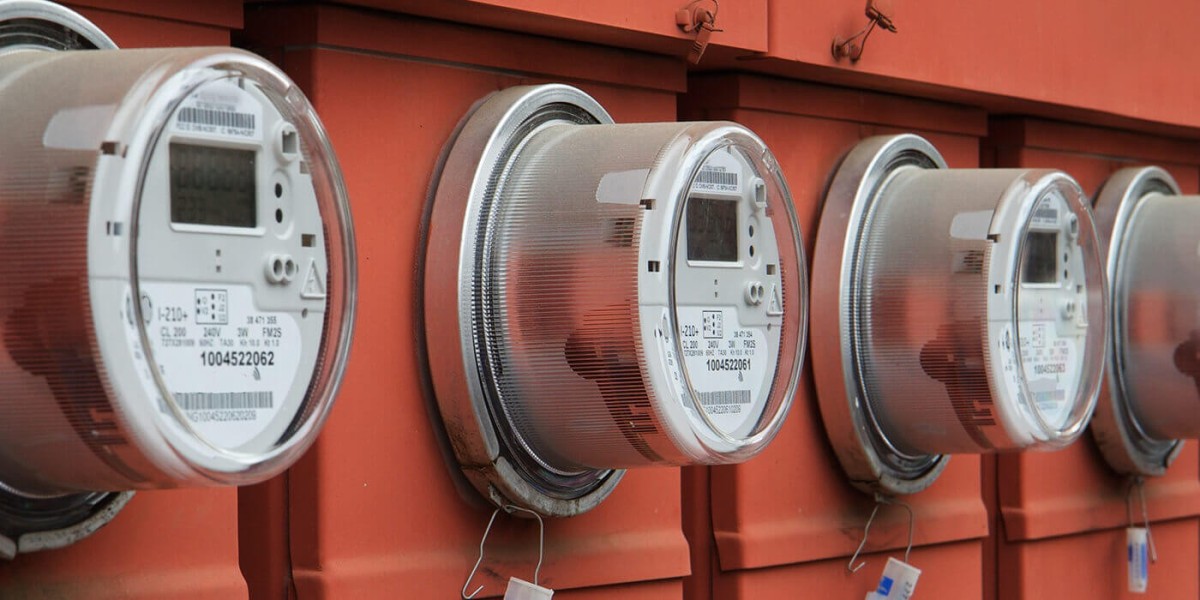Introduction
Mental health concerns are on the rise across all age groups. From increased anxiety and depression to substance use and stress-related disorders, the need for fast, effective care has never been greater. Traditional healthcare systems often struggle to meet this demand in real time. Behavioral health urgent care has emerged as a practical solution, delivering timely help for those facing psychological or emotional crises.
Understanding the Behavioral Health Crisis
The global mental health crisis has been intensified by social, economic, and environmental stressors. Long wait times, limited insurance coverage, and provider shortages have made it harder for individuals to get the help they need when they need it. This delay can lead to worsening symptoms, unnecessary ER visits, or even hospitalization.
Behavioral health urgent care facilities are designed to offer an immediate response to these challenges. They provide same-day access to assessments, medication, and short-term counseling — exactly when individuals are most vulnerable.
Key Benefits of Behavioral Health Urgent Care
Accessibility Without Delay
No appointments are necessary. Walk-ins are welcomed, making it easy for people in crisis to get help on their terms.Crisis Stabilization
These centers are equipped to de-escalate emotional or psychiatric crises, helping individuals regain stability and safety.Specialized Care Teams
Staff often include psychiatrists, social workers, psychiatric nurses, and licensed therapists who are trained in crisis care.Cost-Effective Option
Compared to emergency rooms or inpatient admissions, behavioral health urgent care is a much more affordable solution for urgent needs.Bridge to Ongoing Care
These centers don’t replace long-term therapy, but they provide crucial support until individuals can connect with regular providers.
Types of Conditions Addressed
People turn to behavioral health urgent care for many reasons, including:
Intense depressive or anxious episodes
Trouble coping with trauma or grief
Substance withdrawal symptoms
Behavioral challenges in youth
Emotional outbursts or aggression
Non-emergency suicidal ideation
These centers are well-equipped to assess risk, provide emotional support, and coordinate next steps.
A Lifeline for Families
Families often feel helpless when a loved one is in emotional turmoil. Behavioral health urgent care offers families a place to bring their child, parent, or partner for immediate help — no appointment, no waiting, and no judgment. It creates a compassionate space where healing begins quickly and safely.
Reducing Pressure on Hospitals
Emergency departments are not ideal settings for psychiatric emergencies. They’re busy, loud, and not designed for therapeutic care. Behavioral health urgent care centers redirect individuals from hospitals, allowing ERs to focus on medical issues while providing more appropriate mental health support elsewhere.
This improves care outcomes while also reducing overall system strain.
Promoting Early Intervention
Many people wait too long to seek mental health care because they don't know where to turn. Behavioral health urgent care encourages early intervention, preventing more serious issues from developing. Addressing mental health concerns quickly leads to better recovery rates and improved quality of life.
Moving Toward a Holistic Health Model
Modern healthcare is slowly shifting to a more integrated, whole-person approach. By placing mental health services on equal footing with physical health, behavioral health urgent care contributes to a more balanced and humane system of care.
These centers demonstrate that mental health emergencies deserve fast, focused, and compassionate treatment — just like any other health issue.
Conclusion
Behavioral health urgent care has become a vital part of the mental healthcare landscape. It offers timely, affordable, and compassionate care to people in crisis, while easing the burden on emergency rooms and outpatient services. As more communities embrace this model, individuals facing mental health challenges will have a reliable, accessible path to the support they need — when they need it most.








